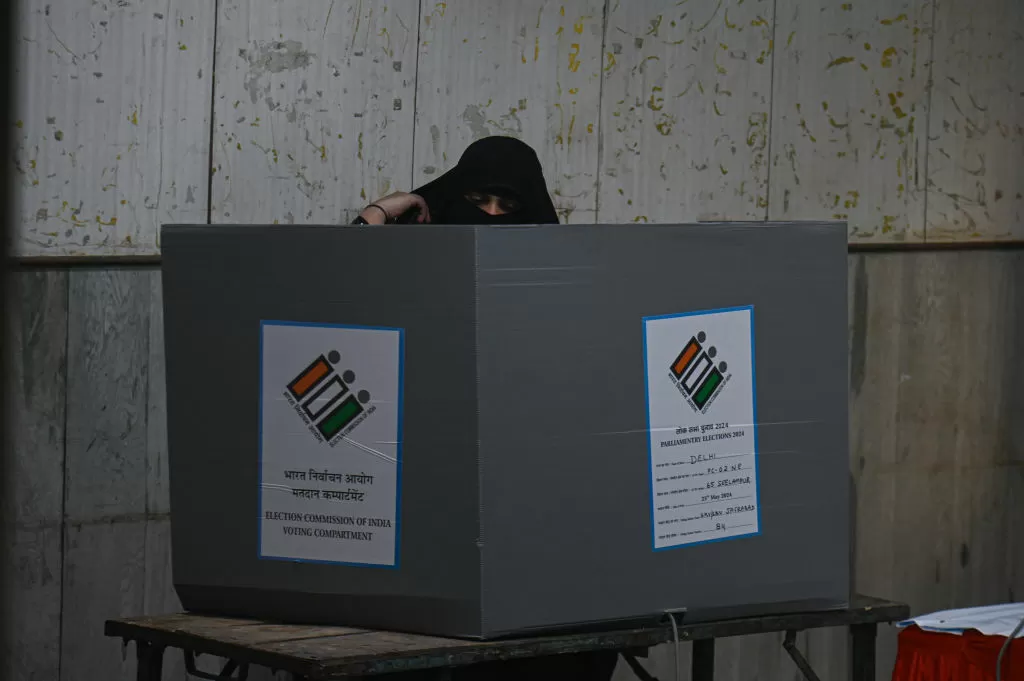As India’s election draws to a close, all eyes are on the outcome and the impact it will have on the country and its people. One particular community that is closely watching the results is the Indian Muslim community, who make up approximately 14% of India’s population. With the current Prime Minister, Narendra Modi, seeking reelection, there are concerns about how a potential victory could affect the Muslim community in India.
Modi’s term as Prime Minister has been marked by controversial actions and statements, particularly towards the Muslim community. From the 2002 Gujarat riots, where he was accused of turning a blind eye as Chief Minister, to his recent comments about using a nuclear weapon against Pakistan, Modi’s relationship with the Muslim community has been strained. This has led to fears that a second term for Modi could further marginalize and discriminate against the Muslim community in India.
One of the primary concerns for the Muslim community is the ongoing issue of cow vigilantism. In recent years, there have been several incidents of mob violence against Muslims, accusing them of consuming or trading beef, which is considered sacred by Hindus. These incidents have been linked to right-wing Hindu groups with ties to the ruling party. Despite the government’s promises to crack down on these groups, the attacks have only increased, causing fear and anxiety among the Muslim community.
Furthermore, the implementation of the Citizenship Amendment Bill has also raised concerns among the Muslim community. The bill, which seeks to grant citizenship to non-Muslim illegal immigrants from neighboring countries, has been criticized as discriminatory and a violation of the secular principles of the Indian Constitution. Many view this as an attempt by the ruling party to further marginalize the Muslim community and solidify their Hindu vote bank.
Another issue that has plagued the Muslim community under Modi’s government is the rise of religious polarization. The “us vs. them” rhetoric used by politicians has further divided the country along religious lines, leading to an increase in hate crimes and discrimination against Muslims. This has also created a sense of insecurity and fear among the Muslim community, who feel targeted and marginalized in their own country.
Despite these concerns, there are some who believe that a second term for Modi could bring positive changes for the Muslim community. The government’s policies such as the “Housing for All” scheme and the “Ujjwala Yojana” have benefited many Muslims who were living in poverty and lack of access to basic amenities. The implementation of the Triple Talaq Bill, which criminalizes the practice of instant divorce among Muslims, has also been welcomed by many Muslim women’s rights activists.
Moreover, the government’s focus on economic development and job creation could also benefit the Muslim community, who have traditionally faced high rates of unemployment and poverty. The initiatives taken by the government to promote entrepreneurship and skill development could open up opportunities for the Muslim youth and empower them to become self-sufficient.
It is also worth noting that the Indian Muslim community is not a monolithic entity and has diverse opinions and political affiliations. While there are those who fear the consequences of a second term for Modi, there are also many who support him and believe that he has been unfairly portrayed as anti-Muslim. The recent formation of the Muslim Rashtriya Manch, a Muslim wing of the ruling party, is a testament to this.
In conclusion, as India’s election comes to a close, the fate of the Muslim community hangs in the balance. While there are concerns about the potential implications of a second term for Modi, it is important to remember that a diverse and inclusive India can only be achieved through unity and understanding. As responsible citizens, it is our duty to bridge the divides and work towards a harmonious society, where no community feels marginalized or discriminated against. Let us hope that the outcome of this election brings about positive changes for all communities in India, including the Indian Muslim community.



